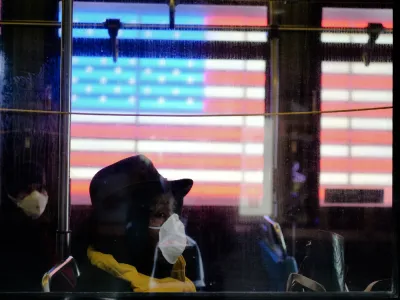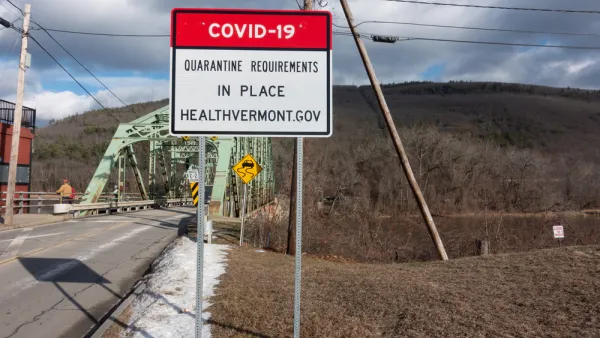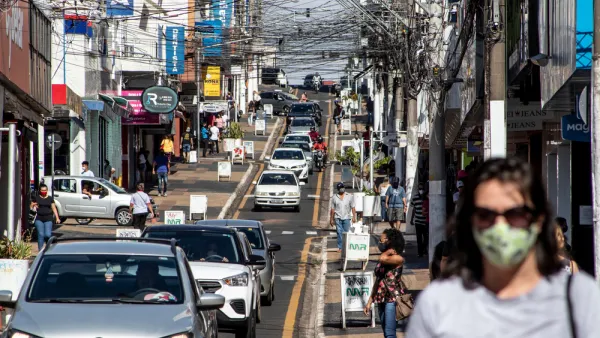The U.S. has over 2.9 million COVID-19 cases; half of them were diagnosed in the past week and a half. On July 6, cases are increasing in 32 states, holding steady in 14, and decreasing in four.

In 14 states, the rates of new infections are generally holding steady: Arkansas, Colorado, Maine, Minnesota, Mississippi, Nebraska, New Jersey, New York, Rhode Island, South Dakota, Utah, Vermont, Virginia and Wyoming.
And only four states are seeing decreases in the rates of new cases: Connecticut, Kentucky, Massachusetts and New Hampshire.
"We're breaking records almost every day here in the state of Texas. People are piling into hospitals, into ICUs (intensive care units). We can't really keep going at this rate," he said.
"And it's not only happening in Texas, of course. It's happening in Florida, Arizona. We're starting to see now a similar situation unfold on the Gulf Coast. And now we're starting to see this in the Upper Midwest and in Tennessee as well."
COVID-19 is not harmless
What awaits
The last word goes to Dr. Walensky who reminds us that "there are 300 million people in this country who remain susceptible and have been uninfected so far, and this virus is far from running out of people to infect. And until we change our behavior to prevent these infections, the infections are going to continue to soar."
Related in Planetizen:
-
July 4th Weekend a Time for Reckoning, July 6, 2020
-
Texas Hits Pause as Hospital Beds Fill Up, June 26, 2020
FULL STORY: US is still 'knee-deep' in the first wave of the coronavirus pandemic, Fauci says

National Parks Layoffs Will Cause Communities to Lose Billions
Thousands of essential park workers were laid off this week, just before the busy spring break season.

Retro-silient?: America’s First “Eco-burb,” The Woodlands Turns 50
A master-planned community north of Houston offers lessons on green infrastructure and resilient design, but falls short of its founder’s lofty affordability and walkability goals.

Delivering for America Plan Will Downgrade Mail Service in at Least 49.5 Percent of Zip Codes
Republican and Democrat lawmakers criticize the plan for its disproportionate negative impact on rural communities.

Test News Post 1
This is a summary

Test News Headline 46
Test for the image on the front page.

Balancing Bombs and Butterflies: How the National Guard Protects a Rare Species
The National Guard at Fort Indiantown Gap uses GIS technology and land management strategies to balance military training with conservation efforts, ensuring the survival of the rare eastern regal fritillary butterfly.
Urban Design for Planners 1: Software Tools
This six-course series explores essential urban design concepts using open source software and equips planners with the tools they need to participate fully in the urban design process.
Planning for Universal Design
Learn the tools for implementing Universal Design in planning regulations.
EMC Planning Group, Inc.
Planetizen
Planetizen
Mpact (formerly Rail~Volution)
Great Falls Development Authority, Inc.
HUDs Office of Policy Development and Research
NYU Wagner Graduate School of Public Service





























